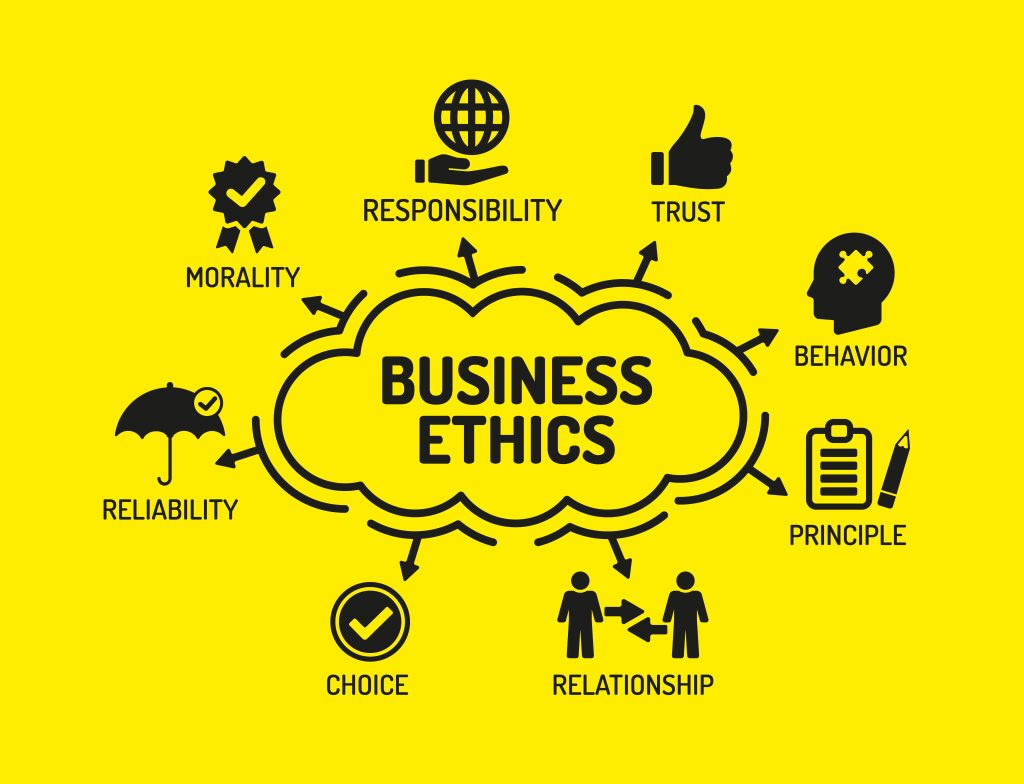
The strength of any business lies in its ability to build trust—trust with customers, employees, partners, and the broader public. Ethical business practices are the foundation for that trust. While short-term decisions might bring immediate returns, companies that prioritize integrity often see greater resilience and reputation over time.
Operating with ethics at the forefront isn’t about perfection—it’s about consistently choosing transparency, fairness, and responsibility, even when those choices aren’t the easiest or fastest path to profit.
Michael Shvartsman, entrepreneur and investor, puts it simply: “Ethical business practices are about long-term thinking. They signal stability, attract committed teams, and keep customers coming back.”
- Trust as a Competitive Advantage
In industries where competition is fierce and consumer choices are endless, trust becomes a key differentiator. Businesses that operate with honesty and fairness earn loyal clients. Once trust is lost, it’s nearly impossible to rebuild.
For example, a 2023 PwC survey found that 84% of consumers consider trust a deciding factor in brand loyalty. This reinforces how ethical conduct supports both brand perception and customer retention.
- Reducing Risk Through Responsible Action
Ethical companies tend to face fewer legal challenges, regulatory setbacks, and reputational crises. Operating within clear boundaries and respecting the communities they serve creates fewer opportunities for public backlash or litigation.
Businesses that disclose data usage, avoid exploitative labor, and ensure product safety not only meet legal standards—they avoid the financial and operational costs of scandals and investigations.
Michael Shvartsman highlights, “A business is more stable when it’s proactive about its responsibilities. Reactive damage control drains time, money, and focus.”
- Strengthening Employee Loyalty and Morale
Workers are increasingly prioritizing values when choosing employers. Employees want to feel proud of where they work. Companies with ethical cultures tend to attract top talent and maintain lower turnover rates.
According to a 2022 study by Deloitte, organizations with a strong ethical identity saw 56% higher engagement from their workforce compared to peers that didn’t emphasize these values.
A fair and respectful workplace also supports better collaboration, innovation, and decision-making—since people are more likely to speak up and offer ideas when they feel heard and respected.
- Sustainability and Social Responsibility
Ethical businesses often embrace sustainable practices. This doesn’t only refer to environmental responsibility, it includes:
- fair treatment of workers,
- community engagement,
- supply chain transparency.
Over time, these decisions create stronger stakeholder relationships. Investors, for instance, are increasingly interested in environmental, social, and governance (ESG) performance when evaluating companies. Ethical leadership is directly tied to long-term investment appeal.
Michael Shvartsman notes, “Ethics and sustainability go hand in hand. They show that a company understands its role in the world, and that matters to investors, customers, and teams alike.”
- Building a Legacy Beyond Profit
When business is treated as a service to communities—not just a way to generate profit—it creates a sense of purpose that extends beyond quarterly results. This mindset builds a legacy that leaders, employees, and stakeholders can all take pride in.
Founders and leaders who prioritize ethical choices often find their companies living longer, adapting faster, and retaining value—even in changing markets.
Ethical business practices are not about limiting growth. They support steady, sustainable progress. They invite trust, strengthen partnerships, and guide companies through uncertain times.
For Michael Shvartsman, ethics aren’t an accessory to success—they’re at the heart of it. He says, “The best returns come from doing the right thing again and again. That’s where real business strength comes from.”
